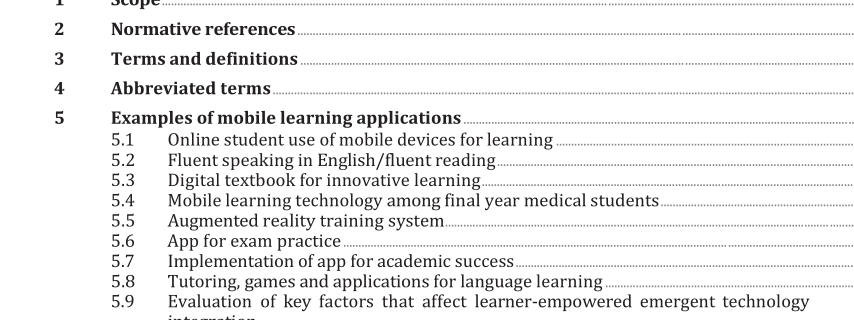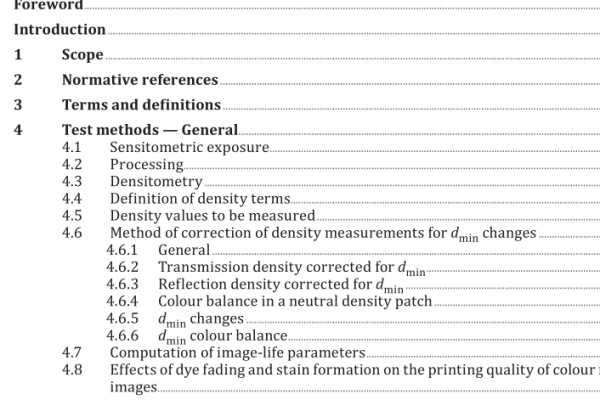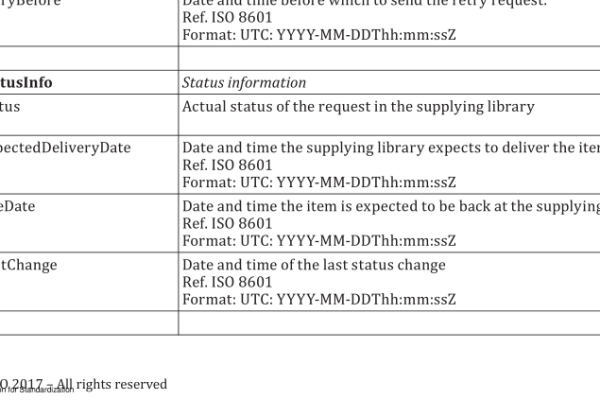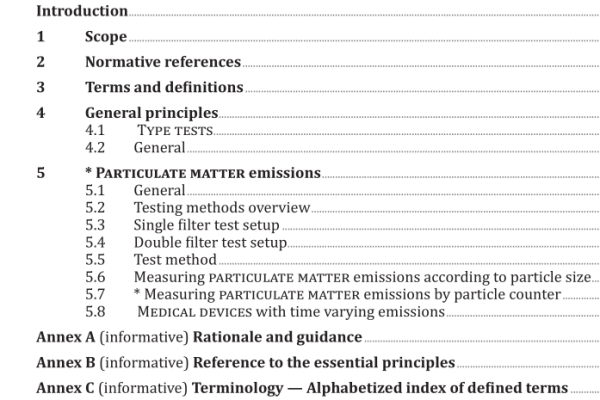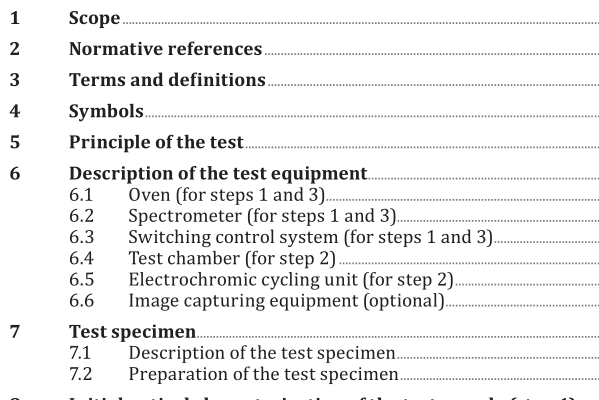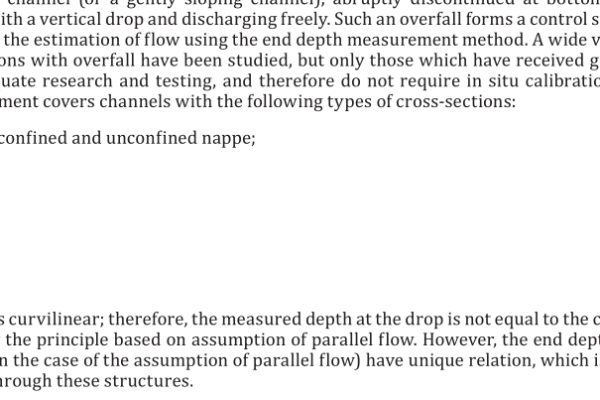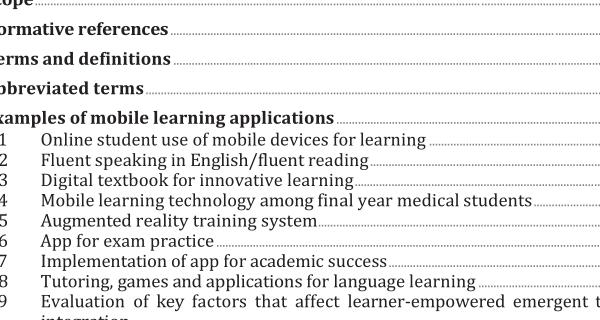ISO IEC 29140:2021 pdf download – Information technology for learning, education and training — Nomadicity and mobile technologies.
5 Examples of mobile learning applications 5.1 Online student use of mobile devices for learning A longitudinal and cross-sectional mixed methods study employing the community of inquiry (CoI) and framework for the rational analysis of mobile education (FRAME) models to examine the use of mobile devices among graduate students at one online North American university. See Reference [12]. 5.2 Fluent speaking in English/fluent reading Mobile learning applications can be used to train learners to improve their English-speaking skills. A recent meta-analysis study examined the overall effectiveness of using mobile devices on language learning. The meta-analysis was based on a synthesis of 84 separate studies from different sources. The medium-to-high overall effect size for mobile devices on language learning achievement confirms the positive benefits of using mobile devices in language learning. See Reference [13]. 5.3 Digital textbook for innovative learning The Ministry of Education in South Korea and the Korea Education and Research Information Service (KERIS) developed and implemented digital textbooks in an advanced form that overcome the limitations of paper textbooks, improve classroom lessons, and enable personalized teaching and learning. The digital textbooks can be accessed by mobile technologies. See Reference [14]. 5.4 Mobile learning technology among final year medical students A cross-sectional descriptive study conducted among final year undergraduate students at the University of Nairobi, College of Health Sciences. This study aimed to assess the use of mobile learning technology as well as exploring the challenges that impede adoption of mobile learning technology in the target population. See Reference [15].
5.5 Augmented reality training system An augmented reality training program was developed by an augmented reality organization to train industrial sales and service workers on how to dismantle and re-assemble an accentuator valve. The trainee used tablets or augmented reality glasses, or both, with positioning markers to overlay holographic, step-by step instructional images on a real-world accentuator valve to dismantle and re-assemble the valve. The project was evaluated using a pragmatic mixed-methods approach. See Reference [16]. 5.6 App for exam practice Malezi exam practice is a mobile friendly web application that generates examination revision content for learning and testing readiness for final level exams in both primary and secondary school. See Reference [17 ]. 5.7 Implementation of app for academic success The University of Waterloo, Ontario, developed a tri-lingual (English, French, Chinese) mobile learning application designed to facilitate anywhere and at any time academic integrity training. The project is designed to improve student engagement with academic material by exploring mobile learning to better resonate with the university/college student population. The app has the capacity to provide an e-certificate and digital badge upon successful completion of the module lessons. See Reference [18]. 5.8 Tutoring, games and applications for language learning The purpose of the FirstVoices mobile applications for language learning (MALL) is to preserve and to promote First Nations languages. Over 60 Aboriginal languages are archived, some only available to members of that community. The resources are used by First Nations communities in Canada to teach, learn and document their words, phrases, songs, stories and other digital community resources. FirstVoices also serves as central language data platform for other applications. See Reference [19].
ISO IEC 29140:2021 pdf download – Information technology for learning, education and training — Nomadicity and mobile technologies
